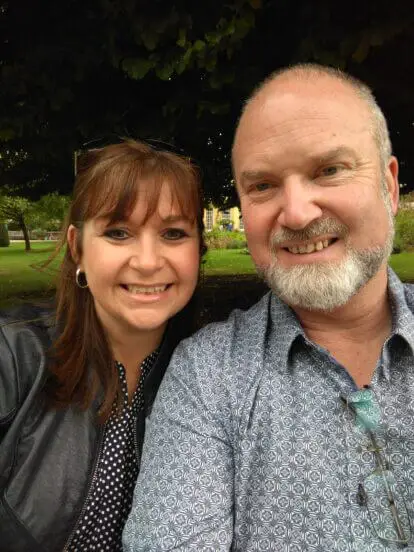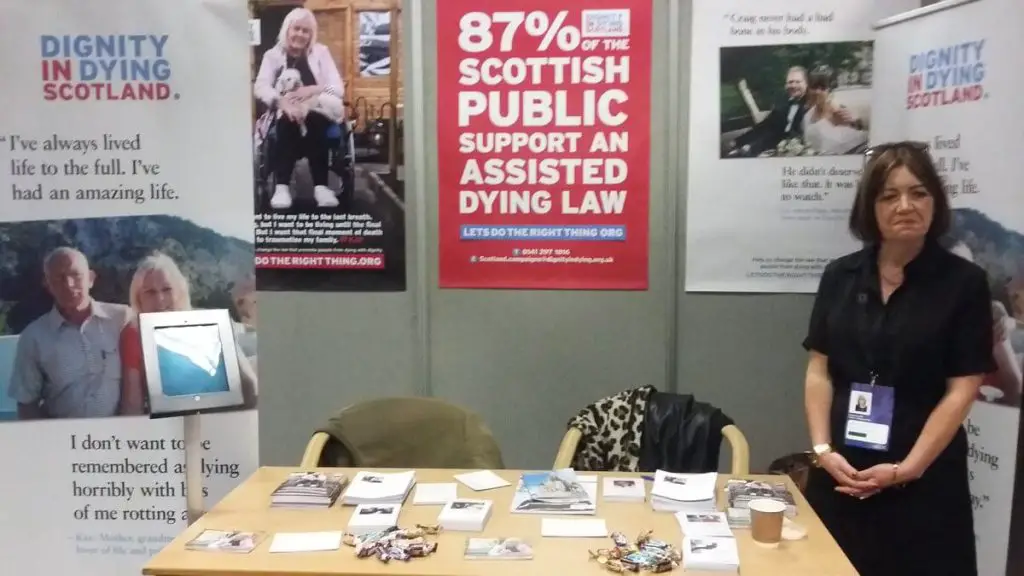Assisted death is a highly controversial topic. In some countries, it’s a legal and available option for the terminally ill – such as in Switzerland, Belgium, Canada, and the Netherlands.
These patients are able to find resources and advice regarding plans, and they can make the decision to end their lives comfortably.

This, however, is an illegal practice in the United Kingdom. Travelling to another country to do so is a possibility, but it could implicate anyone who accompanies the patient in question.
It is punishable with a maximum of 14 years in jail.
This leaves the terminally ill with two options: go alone while they are sick, or wait painfully until their suffering reaches an end on its own.

It’s no wonder that this topic is so hotly debated around the world. For many, there’s a concept of bodily autonomy involved.
Why shouldn’t an individual who knows their days are numbered have a say in how they die?
Is it humane at all to force a terminally ill person to continue to suffer till their last breath, when they’re a painless and peaceful way to take their death into their own hands available?

Many also think of the families when discussing this concept.
After all, many terminally ill individuals waste away before the eyes of their loved ones, which can lead to extra emotional pain to both themselves and everyone around them.
They may be frightened of becoming less and less like themselves as the illness becomes more severe.
They may want to pass away with dignity, and remembered as who they are now – not who they will be when their disease has worsened.

This is why Dignity in Dying, a campaign currently running in the United Kingdom, hopes to change the government’s mind on banning assisted dying for those with a prognosis of death within 6 months or less.
The movement is based on three elements, namely access, choice, and control.

One of the campaigners is Christie Arntsen, who has a mere 5% chance of survival right now looking at the next five years ahead of her due to secondary breast cancer.
The 51-year-old’s family all understand why she would like to go through assisted suicide, but its lack of legality means it cannot be an option for her.
Unfortunately, this has caused her a lot of distress and has prevented her from truly enjoying the remainder of her life as her illness haunts her at every turn.

Christie does not want to risk committing suicide on her own, as there is a chance that it will only complicate the situation for her, and also, it would be absolutely horrible for those who find her.
She, and the rest of the campaigners, hope to push for assisted death to be made available to those within their last few weeks of life, with options to discuss it within the last 6 months of life.

In a poll conducted by the campaign, about 84% of 5,000 takers stated that they would support a law change that would allow for legal assisted death across multiple demographics.
Are you among the 84%? You can support Dignity in Dying here.






